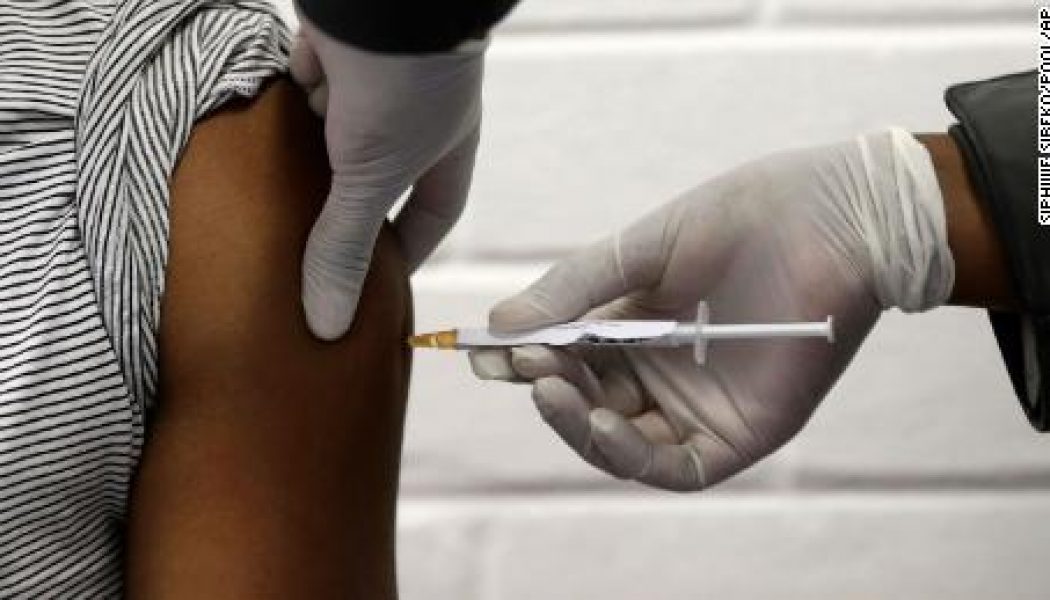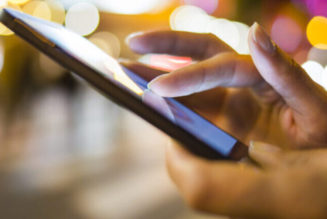Although COVID-19 infection rates seem to be declining and vaccines are slowly being rolled out in the country, most South Africans are wary of a third wave, further lockdowns and job losses.
A survey by gig technology company, M4Jam asked South Africans about their main concerns as the country marked exactly one year since the first COVID-19 case in the country was diagnosed.
Despite South Africa’s rejection of its first shipment of vaccines and widespread misinformation about the effectiveness of vaccinations, 49% of respondents (up from 32% in the January survey) said they would take the vaccine when it became available to them.
44% of respondents (down from 58% in the January survey) said they would adopt the approach of “wait and see” if the vaccine works for people they knew before making a decision. 42% of those who took the survey said their response was directly linked to the government rejecting the first shipment of AstraZeneca vaccines.
/* custom css */
.tdi_3_0e6.td-a-rec-img{ text-align: left; }.tdi_3_0e6.td-a-rec-img img{ margin: 0 auto 0 0; }
72% were worried about possible side effects, while other concerns revolved around a lack of trust in the government’s ability to ensure the safety and effectiveness of vaccines (49%). 41% of respondents were not too confident that the distribution of vaccines would be fair.
41% were not confident about proper testing for the safety and effectiveness of any vaccines being rolled out. Despite these views, 47% of respondents said the development and testing of Coronavirus vaccines was moving too slowly and 46% said getting vaccinated would be very important to their health.
Only 14% of respondents believed South Africans should be forced to take the vaccine. The majority (86%) said they wished to preserve their right to decide. Illustrating scepticism, 70% believed the media did not convey much useful information about vaccines, with only 21% believing they knew what they needed to know to make a decision.
“This result is especially interesting in the wake of countries like Australia taking on internet companies and platforms for their use of media news links and journalism,” says M4Jam CEO, Georgie Midgley.
“A news blackout on social media could have a positive effect in channelling people to credible news websites, but if people don’t do this it could also lead to even more widespread disinformation. We hope for a quick and positive resolution that will lift the credibility of information sourced via social media,”
While most respondents were still very worried about becoming infected (61%), the common misconception that many South Africans are living fast and loose despite the threat of the pandemic was countered by just 14% of respondents saying they were not concerned about the virus.
/* custom css */
.tdi_4_e05.td-a-rec-img{ text-align: left; }.tdi_4_e05.td-a-rec-img img{ margin: 0 auto 0 0; }










